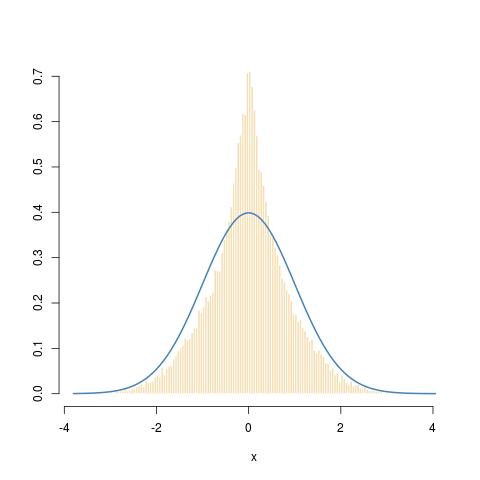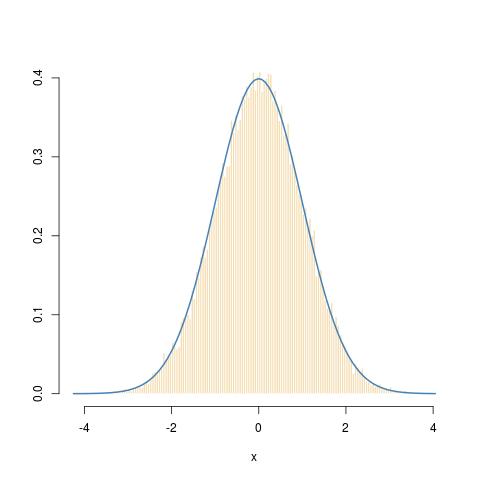Let's consider a sampling algorithm which is sampling from the posterior distribution $P(X)$ of a random variable $X$. At a given iteration $t+1$ it proposes a new value $(X_{t+1})$ for $X$ using a symmetric proposal distribution $Q(X_{t+1}|X_t)$ around the old value $X_t$. Due to the symmetry of the proposal distribution, the standard Metropolis Hastings (MH) acceptance rate is as follows: accept $X_{t+1}$ with probability $\alpha=\min(1,P(X_{t+1})/P(X_t))$. Somewhere, I saw a slightly different acceptance rate, it says:
- if $P(X_{t+1})>P(X_t)$ accept $X_{t+1}$ (This part is same as the MH algorithm)
- else sample from the distribution $P=[P(X_t); P(X_{t+1})]/(P(X_t)+P(X_{t+1}))]$ (In this case the sampler will choose $X_{t+1}$ or $X_t$ depending on their posterior probabilities)
I was wondering whether the later is a valid MCMC sampler.


